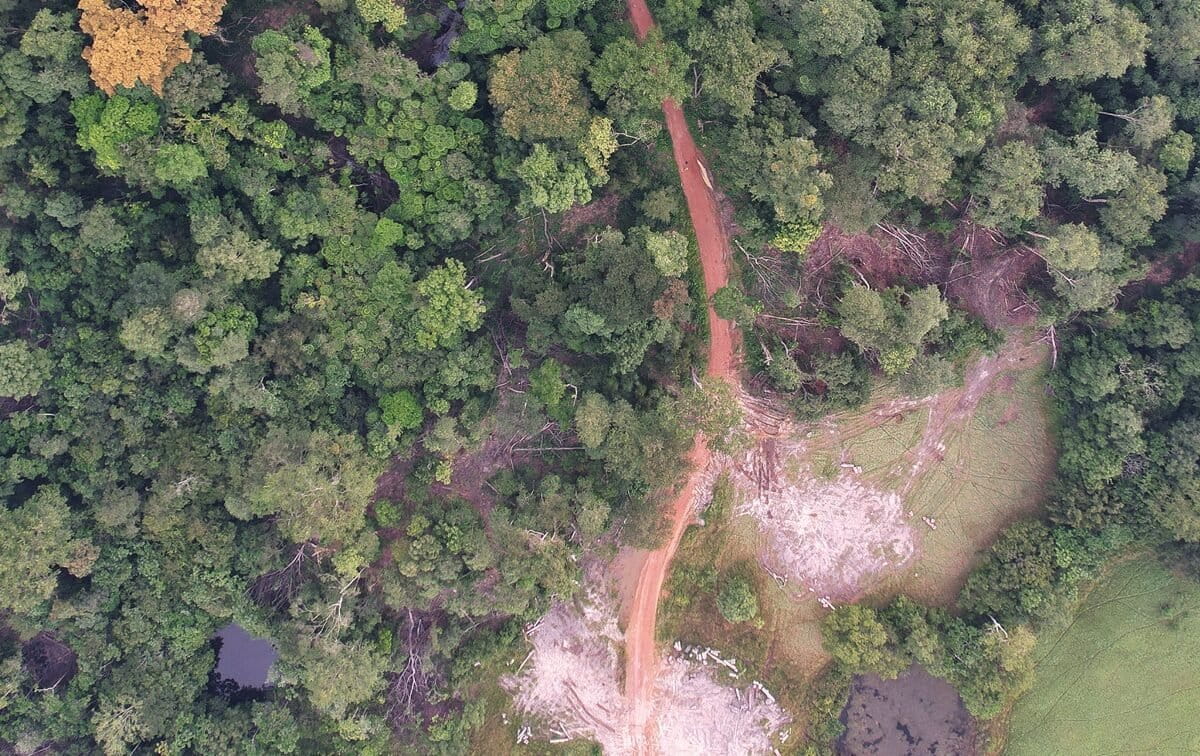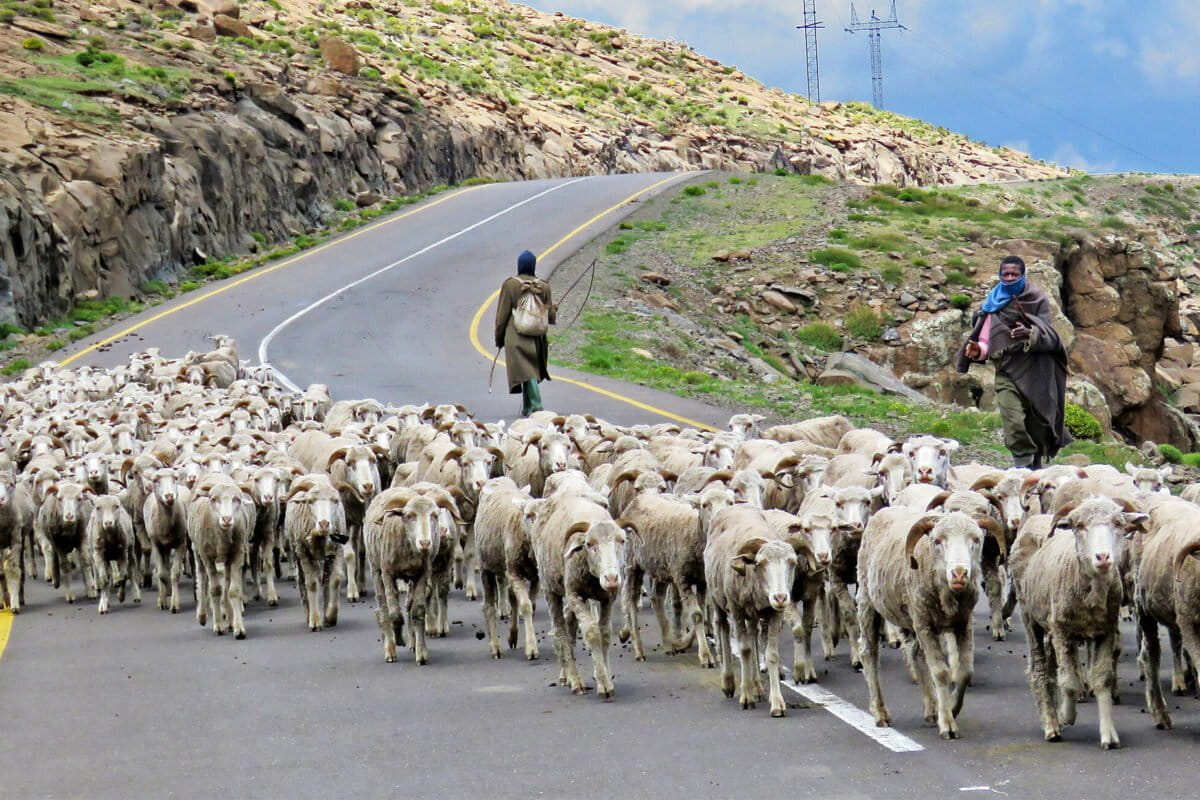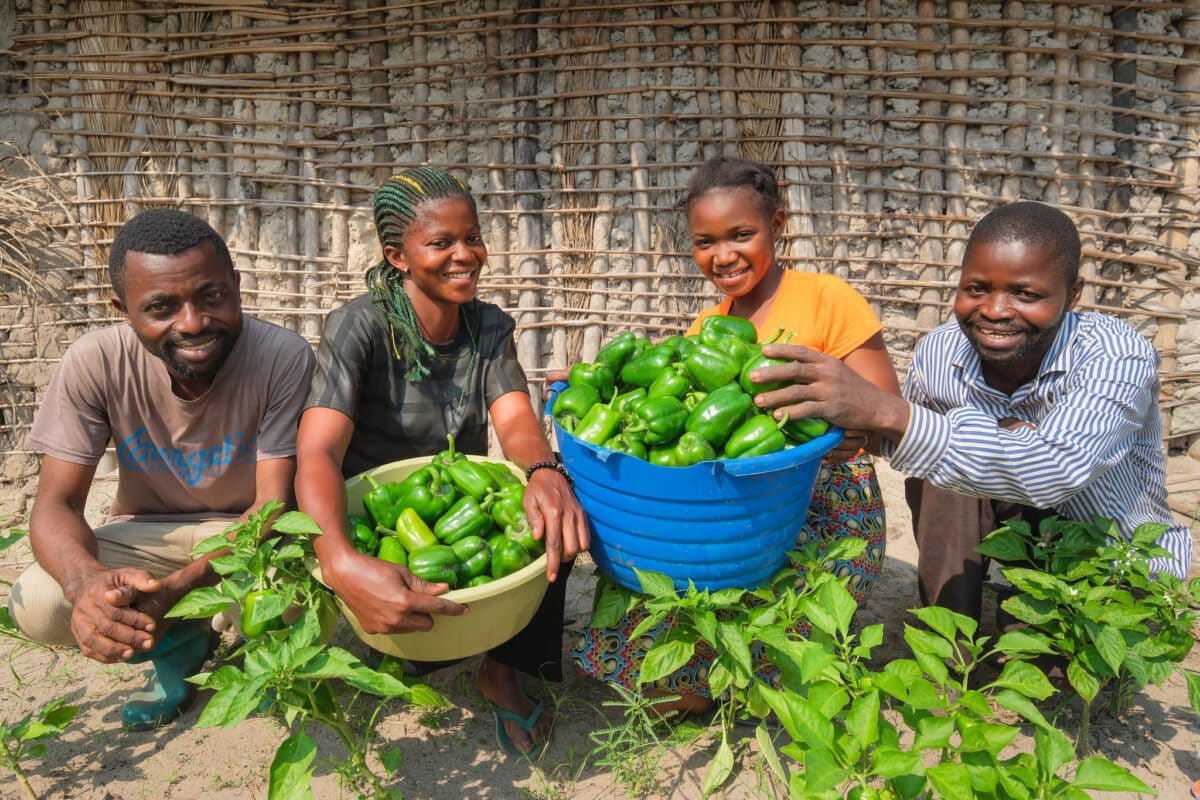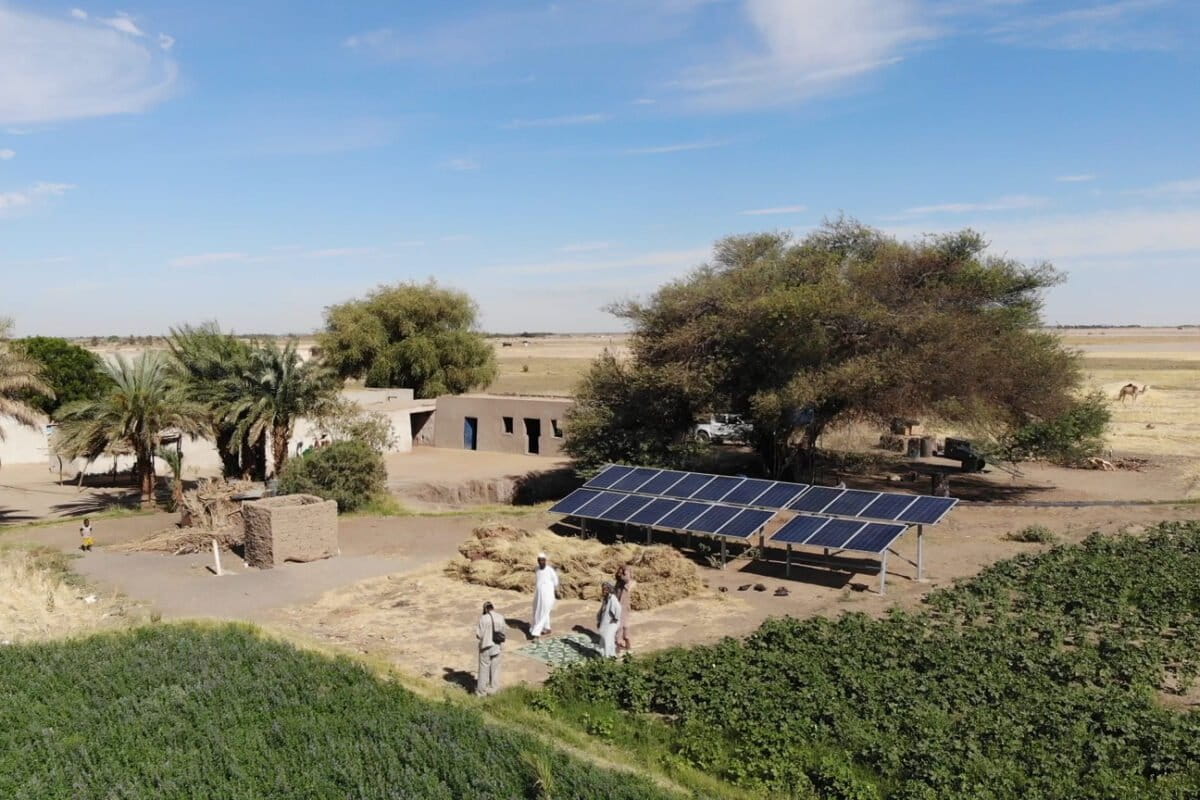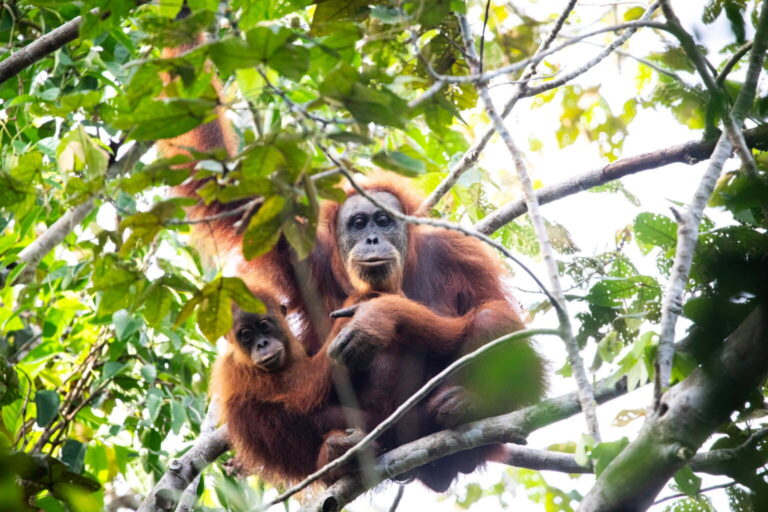Brazil cracks down on illegal soy, cattle production in the Amazon
Brazil cracks down on illegal soy, cattle production in the Amazon
mongabay.com
December 24, 2007
The Brazilian government launched a new initiative to slow deforestation in the Amazon, setting the stage for the country to potentially earn billions from carbon trading schemes set in motion two weeks ago at the U.N. climate meeting in Bali.
Last Friday Brazil announced a ban on the sale of farm products from illegally deforested areas in the Amazon in an attempt to slow deforestation and forest fires that have increased in recent months due to surging commodity prices fueled by American corn ethanol subsidies and rising demand from China and other emerging markets for livestock feed. The presidential decree imposes fines and threatens credit access to landowners for buying or trading soy, beef, and other products produced on illegally deforested lands, according to Reuters.
To support the effort, Brazil said it will create a landholder registry and send 700 more federal police to the region, parts of which have seen violent disputes over land. Land owners who fail to register for the new program will no longer be eligible for government loans and other benefits, according to the Associated Press (AP).
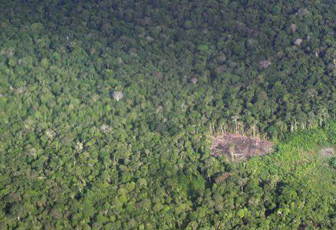
|
“This registry will permit us to create a common database which will permit us to identify the rural areas which require action against deforestation,” the AP quoted Environment Minister Marina Silva as saying at a news conference in Brasilia.
Brazil has some of the toughest environmental regulations in the world — by law 80 percent of a landowner’s property must be left forested — but they are haphazardly enforced in the Amazon. A slow approvals process–for permits ranging from scientific research to development–has been blamed for fueling endemic corruption and a “Wild West” mentality in the region.
The reasons for land-clearing in the Amazon are compelling: cheap land, low labor costs, and booming demand for commodities. These factors, combined with an improved variety of soybean and financial stability, have helped Brazil become an agricultural superpower — the world’s largest exporter of beef, cotton, and sugar, among other products — in less than a generation. Amazon landowners have seen their land values double every 4-5 years in areas that just a decade ago were pristine rainforests.
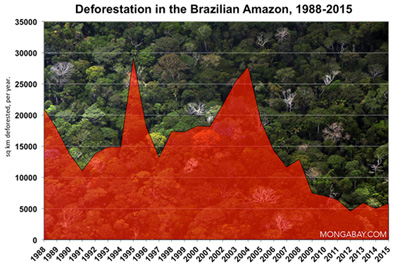
Deforestation in the Brazilian Amazon fell by more than 60 percent between 2004 and 2007. |
Given this landscape some believe the only way to address deforestation is through market mechanisms, like those proposed by the Brazilian government Friday.
John Cain Carter, founder of Aliança da Terra, a pioneering conservation organization working in Mato Grosso in the heart of the Brazilian Amazon’s agricultural frontier, says that by giving producers incentives to reduce their impact on the forest, the market can succeed where traditional conservation efforts have failed.
“Aliança da Terra is based on the concept of market acceptance for sustainable agricultural production in the Brazilian Amazon. We’re presently focused on beef, which is the largest driver of deforestation in the Amazon, though we’re also working with other products including soy,” Carter told mongabay.com. “We’re setting up an accrediting mechanism that will help responsible landowners gain access to markets and get the best price for their products… The landowners like our system because they have a say in the creation of standards and a vested interest in making it economically viable.”
New source of funding for rainforest conservation
Brazil’s efforts to reduce deforestation could pay off in the international carbon trading market. December 14th, delegates at the U.N. COP-13 climate meeting in Bali, Indonesia agreed to support Reducing Emissions From Deforestation and Degradation (REDD) mechanisms for fighting climate change. By some estimates the scheme could send tropical countries tens of billions of dollars per year for forest conservation efforts.



